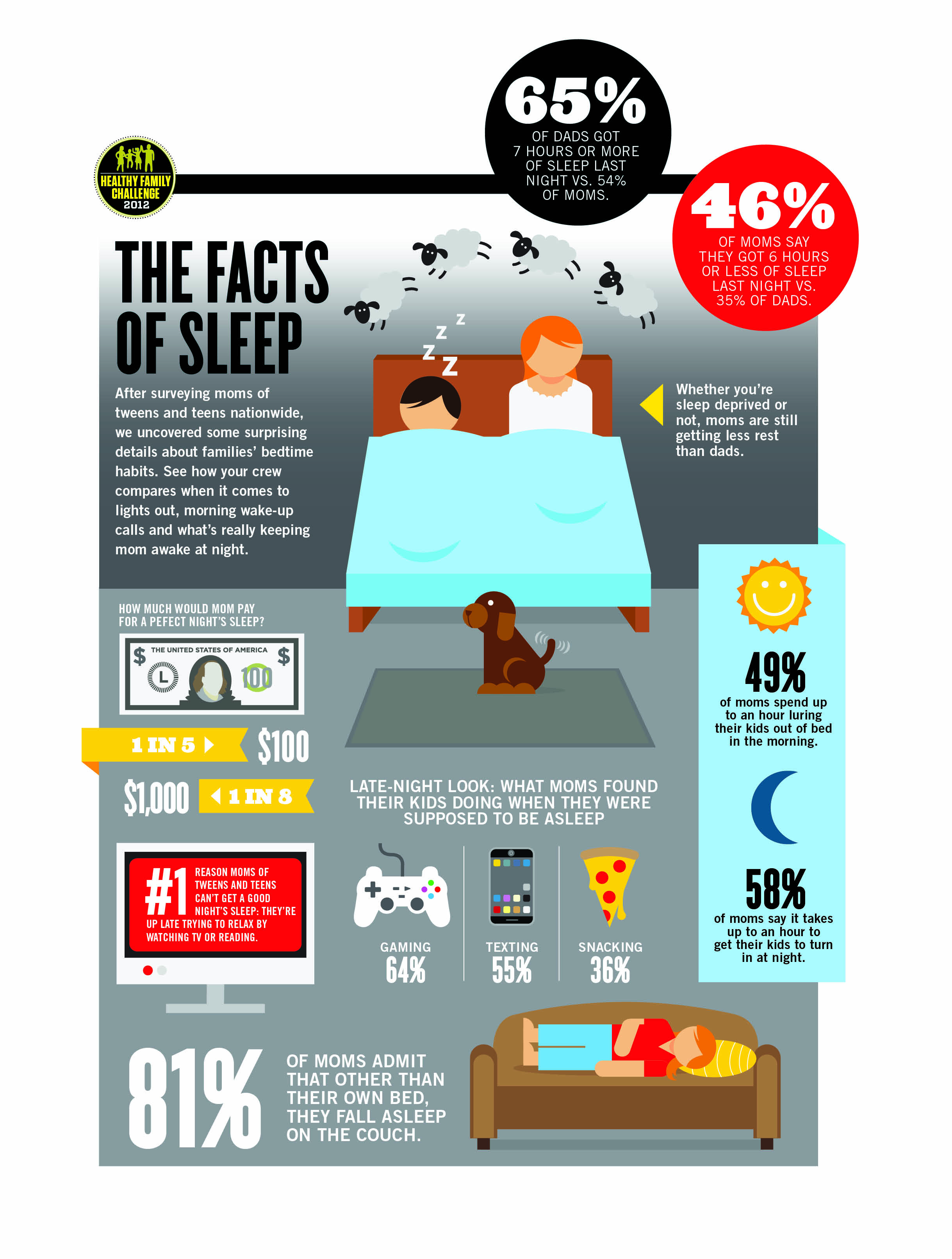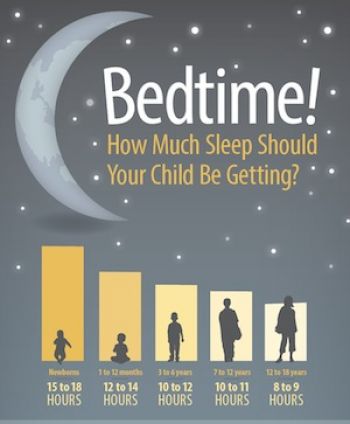Speech Buddies Parents’ Corner – A Healthy Sleep Schedule for Back to School
Summer is often filled with sunny days playing outside and late nights catching fireflies or staying up until sunset (or later). But as fall approaches it is time to get the kids back onto a healthy sleep schedule so they can make the most of their school days. A good night’s sleep is one of the most important things you can help provide for your child for so many reasons, including that it lets your child have a stronger memory. However, if you’re like many parents, this transition from a summer sleeping to school sleeping schedule isn’t always as easy as declaring an earlier bedtime.
Why Is a Healthy Sleep Schedule So Important?
Yes – you know that feeling of “tired” and you can probably see it on your child’s face when he’s had a busy day. Chances are you can see how a lack of sleep might make your child irritable, less cooperative, and even become ill more easily. General health and disposition rely on a healthy sleep schedule, but so do your child’s academic abilities.
- Children, even more so than adults, process what they learned during the day while they sleep.
- Long-term memory storage is increased when your child gets consistent and healthy sleep hours.
- Kids tend to sleep more deeply at night which means their brains have more opportunities to process the things they learned during the day.
- Adequate sleep can help kids improve their language skills and vocabulary.
- Test scores tend to be higher for those children who get enough sleep.
According to the Mayo Clinic, the amount of sleep your child needs depends greatly on your child’s age and general health factors.
- Preschoolers need between 10 and 13 hours of sleep each night.
- Kids ages 5-10 years need between 10 and 11 hours of sleep each night.
- Kids ages 11 through high school need between 8.5 and 9.25 hours of sleep each night.
How Can I Help My Child Have a Healthy Sleep Schedule?
Building a healthy sleep schedule is often one of the first great struggles that parents face with their children. Some newborns appear to have their days and nights switched, and many parents have found themselves running between nightlights and drinks of water all night long for sleepless toddlers.
- Gradually slow down the evening. Have the kids bathe or shower, choose a quiet activity such as reading, and keep lowering the lighting to signal the brain it is soon time for sleep.
- Let there be light. The brain responds to light by recognizing it as a signal to wake up and get charged for the day. Open the curtains and the blinds and let the natural light of the sun serve as the first wake-up call for your child. You can even find alarm clocks that simulate the sunrise if live in areas where morning sunlight is scarce.
- Create two routines. Not only should there be a bedtime routine, but there should be a routine for waking in the morning. If your child wakes at 10 a.m. on the weekends it can push bedtimes later just when the school week is starting. Try waking your kids up on the weekend to go for fun adventures, early morning bike rides, or even just to snuggle in with a good story.
- Prepare the night before, especially for teenagers. Research shows that the circadian rhythms of teens shift so they are naturally inclined to later bedtimes. In fact, some schools are finding success with later start times for this age group because it allows teens to get the sleep they need. By packing the lunchbox the night before, setting out the clothes for the day, and making sure the backpack is ready, your child can have a few extra minutes of sleep that morning.
- Limit technology before bedtime. So many tweens and teens with cell phones, smartphones, and iPods are inclined to take these items to bed with them. Instead, have a basket in the hallway where everyone deposits the electronics for the night.
A healthy sleep schedule is one of the most important things you can send your child off to school with this fall. Try some of these tips to help create sweeter dreams for everyone, and ensure that your child will have the best opportunity for school success.





